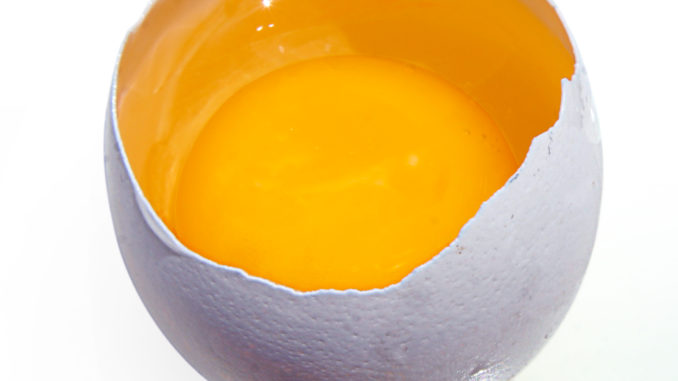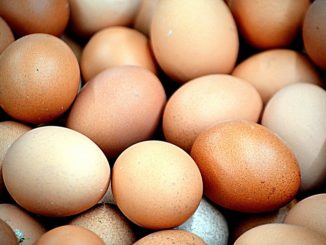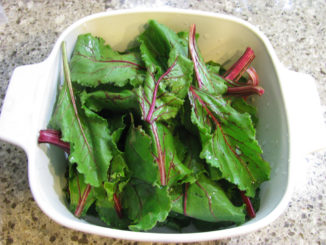
In the ongoing battle for health and long life, people are looking everywhere for ways to boost their own body’s natural processes. One of the ways many people decide to accomplish this goal is by using supplements. Vitamins and minerals can help to fill in the gaps left by a poor diet, though they can not completely make up for all of our bad habits.
Vitamin E is one such vitamin that seems to be able to help us in a number of ways. If you’re not sure how to add Vitamin E to your life, read on.
What Is Vitamin E and How Much Do You Need?
Vitamin E is not just one vitamin, but rather a set of eight different tocoperols and tocotrienols. The Vitamin E you are most accustomed to see is the alpha-tocopherol. This is a fat-soluble vitamin that also seems to have antioxidant properties that can help your body repair and prevent damage.
Vitamin E Deficiency
A Vitamin E deficiency is quite rare in humans as we easily store this vitamin in our fat cells until it can be used. But there are some people who are more at risk for Vitamin E deficiency, including those who have troubles with digestive absorption or those who do not eat enough fat in their diets.
For example, those with Cystic Fibrosis or Crohn’s Disease may not be able to fully absorb Vitamin E into their bodies, leading to troubles with maintaining a healthy level.
If you are getting too much Vitamin E in your diet, you might suffer from digestive troubles as well as troubles with excessive bleeding. Since Vitamin E interrupts the coagulation process in the body, you might have troubles stopping bleeding once it starts.
The recommended daily allowance for Vitamin E is 15 mg for adult males and females.
The Health Benefits of Vitamin E
There are a number of different health benefits which are linked with Vitamin E. First of all, there is speculation that Vitamin E can help to protect the heart from heart disease. By acting as an antioxidant, it seems that the vitamin protects the heart from damage caused by free radicals in the body.
These free radicals can lead to damage in the heart muscle as well as in the arteries. Right now, there are conflicting studies that are also disputing this claim, so the jury is out as to whether heart disease prevention is legitimate.
Others insist that Vitamin E is also helpful in the fight against certain cancers. By helping to minimize the cellular damage that is associated with cancer tumor production, Vitamin E is thought to help slow down the growth of tumors while also helping by protecting the body from future harm.
In addition, the antioxidant properties of Vitamin E are also being linked with reducing the risk of cataracts in some people. This blinding disease generally strikes the older population, but it can also strike younger patients when Vitamin E deficiency is a problem. Having enough Vitamin E in your diet will help to minimize your risk of this eye condition.
If you take a Vitamin E caplet and rub it onto your skin, it is thought this will help with skin damage and with soothing the signs of aging. By adding just a few drops to the skin and rubbing it in, you will begin to feel the skin soften. Some surgeons will also recommend rubbing Vitamin E on surgical scars once they’ve healed in order to expedite the healing process.
The Best Food Sources of Vitamin E
The good news is that Vitamin E is readily available in everyday foods you already eat.
- Almonds
- Asparagus
- Avocados
- Cucumbers
- Nuts and seeds
- Peanuts
- Sesame seeds
- Spinach
- Sunflower seeds
Vitamin E is also found in vegetable oils as well as in whole grain foods and fortified products. Wheat germ is another source of Vitamin E.
Since Vitamin E is readily available in supplement form, it is easy to add to your diet if you’re afraid you’re not getting it from many natural sources. But as with any supplement, it’s best get this vitamin from food as opposed to a pill.




Be the first to comment